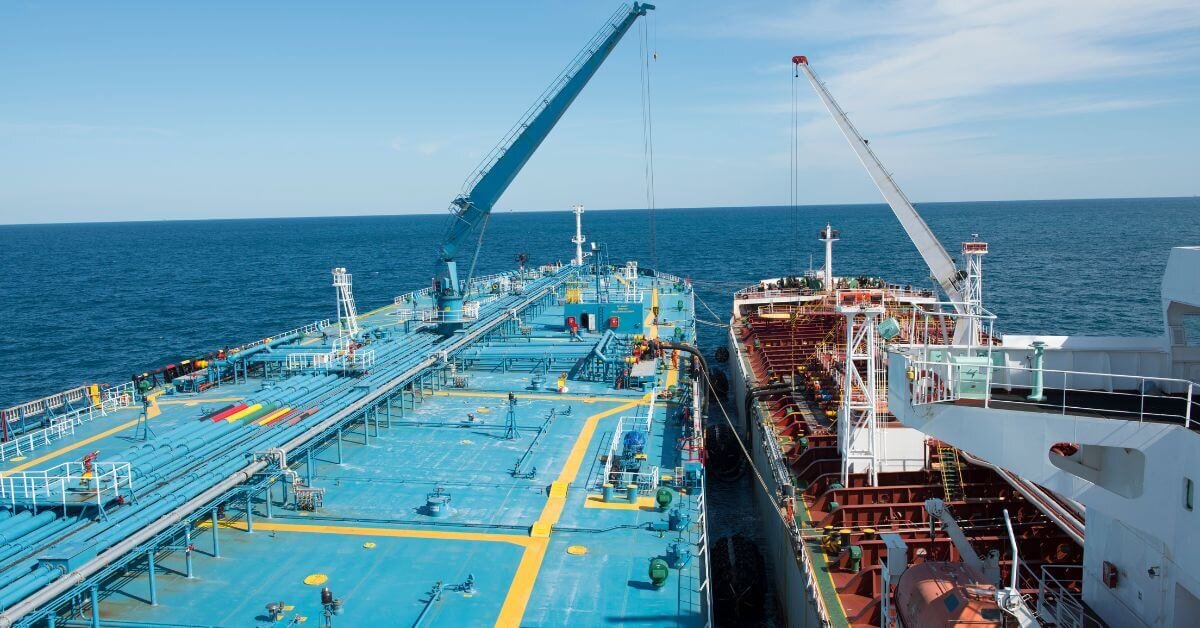According to a report by Daniela Quintero Díaz for El Espectador: The artisanal fishers of the northern Pacific coast of Chocó, in the municipalities of Juradó and Bahía Solano, have faced a struggle spanning more than three decades to protect their marine resources and ensure their subsistence. Since the 1990s, when industrial tuna and shrimp fishing began to expand near their coasts, local communities began to notice the decline of the fishery resources they depend on for their food and economic livelihood. Faced with this situation, they began a long journey seeking the creation of a Zona Exclusiva de Pesca Artesanal (ZEPA) [Exclusive Zone for Artisanal Fishing], the first of its kind in Colombia, which would limit industrial fishing in their waters and promote the sustainability of marine ecosystems.
The main objective of the ZEPA is to prohibit or restrict certain types of fishing, such as industrial fishing, and limit the use of equipment that could damage fishery resources in the long term. This not only seeks to protect the livelihoods of artisanal fishers but also to guarantee the conservation of the marine ecosystems that sustain local communities. Despite progress, this process has been full of obstacles, including complicated negotiations, court rulings, and a lack of compliance by the authorities.
Over the years, the communities have resorted to various strategies to achieve the expansion of the ZEPA. In 2012, given the lack of significant progress and the continued impact of industrial fishing in the area, they filed a *acción popular* [public interest lawsuit] with the Tribunal Administrativo de Cundinamarca [Administrative Court of Cundinamarca]. They argued that their collective rights were being violated, as industrial fishing not only affected marine ecosystems but also directly threatened their livelihood and way of life. In 2019, the court ruled in favor of the communities, recognizing that the rights to the enjoyment of a healthy environment and the rational use of resources were being violated.
The court’s ruling required state entities, including the Autoridad Nacional de Acuicultura y Pesca (Aunap) [National Authority for Aquaculture and Fishing], to take concrete measures to delimit and expand the ZEPA, something that, according to the ruling, had not been done adequately up to that point. The Consejo de Estado [Council of State] ratified this decision in 2020, stating that industrial fishing did not provide economic benefits to the local communities and that the state authorities had been negligent in protecting the fishery resources of the region.
However, despite these legal victories, the communities continue to face delays in the implementation of the ZEPA expansion. Over the last three years, inter-institutional dialogue tables were held between government representatives, artisanal fishers, industrial fishers, NGOs, and academia, in order to reach a definitive agreement on the expansion of the ZEPA. At these tables, it was agreed that the director of Aunap, Karen Mejía, would sign a resolution to formalize the expansion. However, the signing, which was scheduled for July 31, 2024, never happened.
The delay occurred because Aunap decided to reopen the space to listen to the industrial sector, particularly the shrimp fishing vessel owners, who argue that they have not been adequately considered during the process.
Although communities and other stakeholders believe that the industrial sector was part of the negotiations from the beginning, Aunap chose to address the concerns of this group, which has caused further delays. The director of Aunap argued that it is necessary to take into account the viewpoints of all parties before making a definitive decision.
This change of course has generated frustration among artisanal fishers and their allies, who fear that the progress made so far may be compromised. Even though the process for the expansion of the ZEPA seemed to be complete, the new consultations with the industrial sector have reopened the discussion, which has once again postponed the signing of the resolution. Communities fear this could reverse years of work, negotiations, and favorable court rulings.
The current situation leaves the future of the ZEPA up in the air. Communities hope that Aunap will respect previous agreements and act with transparency to ensure the prompt adoption of the resolution. However, the fact that the deadline for receiving comments has been extended until October 2024 creates uncertainty about when the expansion will finally be realized. Meanwhile, artisanal fishers continue to face the challenges that industrial fishing imposes on their livelihoods, hoping that their rights will be respected and that a solution that benefits both communities and the environment will be implemented.
Source: El Espectador





